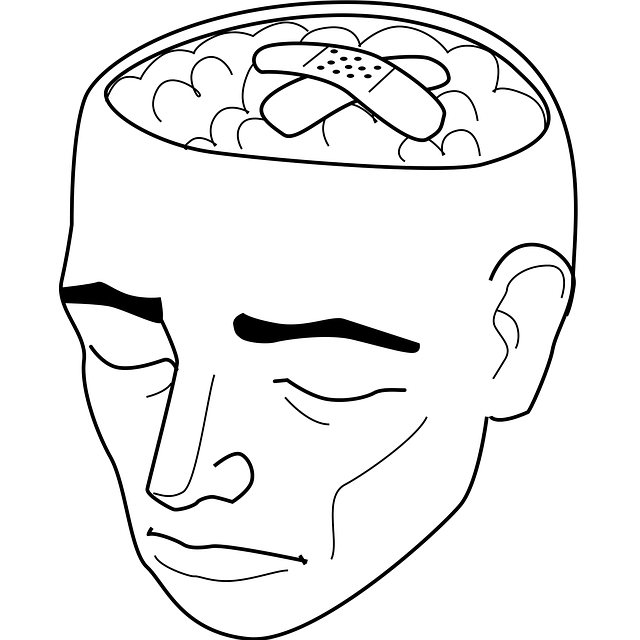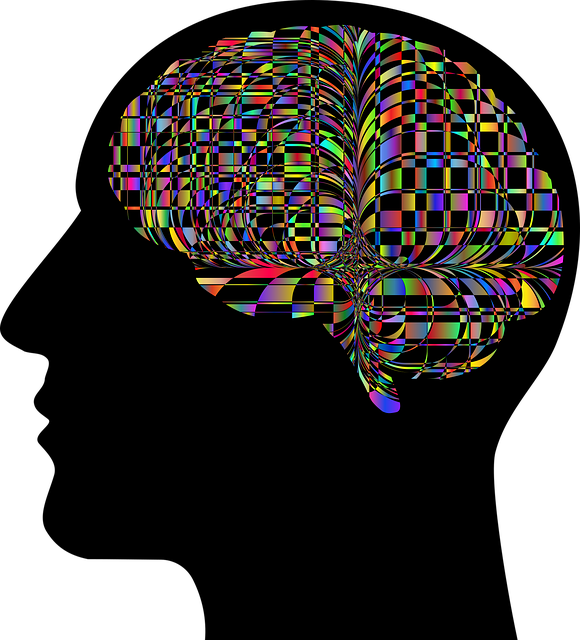Westminster offers a holistic ASD therapy program that goes beyond traditional interventions, focusing on coping skills and positive thinking tailored to individuals with ASD. The approach integrates burnout prevention strategies for healthcare providers, creating a supportive environment for patients and their support networks. Clear goal-setting ensures the tailored curriculum addresses specific community mental health challenges, evaluated through measurable outcomes like behavioral changes and enhanced knowledge. Innovative methods like interactive learning and multimedia integration empower students with ASD to manage emotions, build resilience, and promote peer support, reflecting the transformative power of Westminster's Autism Spectrum Disorder therapy. Rigorous evaluation methods uncover long-term impacts, ensuring continuous improvement in mental health education initiatives for individuals with ASD.
“Unveiling the power of education in fostering mental wellness, this article explores the strategic design of mental health programs, particularly focusing on Westminster Autism Spectrum Disorder (ASD) therapy. We delve into setting ambitious yet achievable goals, crafting inclusive curricula that cater to diverse needs, and implementing interactive learning methods for maximum student engagement.
By examining success measurement techniques, we highlight the importance of evaluating impact to continually enhance these life-changing initiatives.”
- Understanding Westminster Autism Spectrum Disorder (ASD) Therapy: A Comprehensive Approach
- Setting Goals: Defining the Scope and Objectives of Mental Health Education Programs
- Designing Inclusive Curriculum: Strategies for Educating on ASD and Mental Wellness
- Implementation Methods: Reaching Students Effectively through Interactive Learning
- Measuring Success: Evaluating the Impact and Outcomes of Mental Health Education Initiatives
Understanding Westminster Autism Spectrum Disorder (ASD) Therapy: A Comprehensive Approach

At Westminster, we believe in a comprehensive approach to Autism Spectrum Disorder (ASD) therapy that addresses all aspects of an individual’s well-being. Our program design goes beyond traditional interventions by incorporating coping skills development and positive thinking strategies tailored for individuals with ASD. We understand that healthcare providers who work with ASD patients face unique challenges, including burnout prevention strategies. To address this, our therapy is designed to create a supportive environment where both the patient and their support network can flourish.
By integrating Burnout Prevention Strategies for Healthcare Providers into our therapeutic framework, we ensure sustained progress and well-being for everyone involved. This holistic approach not only enhances coping mechanisms but also fosters positive relationships, ultimately enriching the lives of those navigating the complexities of ASD.
Setting Goals: Defining the Scope and Objectives of Mental Health Education Programs

Setting clear goals is a cornerstone when designing mental health education programs, such as those tailored for individuals with Westminster Autism Spectrum Disorder (ASD) therapy needs. The first step involves defining the scope and objectives, ensuring they align with the program’s mission and target audience. This includes identifying specific areas of focus like raising awareness about ASD, promoting empathy-building strategies among peers, or even integrating burnout prevention techniques for healthcare providers.
A well-structured goal-setting process facilitates a tailored curriculum that addresses unique mental health challenges within the community. It also paves the way for evaluating the program’s effectiveness and measuring its impact on participants’ lives, which is essential for continuous improvement and advocating for better mental health policy analysis and advocacy.
Designing Inclusive Curriculum: Strategies for Educating on ASD and Mental Wellness

Designing an inclusive curriculum for mental health education requires a nuanced approach, especially when addressing complex topics like Autism Spectrum Disorder (ASD) and its intersection with mental wellness. At Westminster, we recognize that every individual has unique needs and experiences. Therefore, our therapy programs prioritize strategies that foster an environment of acceptance and support. This involves incorporating diverse teaching methods to cater to various learning styles, ensuring accessibility for all students.
The curriculum should include a blend of theoretical knowledge and practical skills. For instance, introducing mindfulness meditation techniques can help individuals with ASD regulate emotions and reduce anxiety. Self-awareness exercises tailored to their needs can promote understanding and acceptance of their experiences. Additionally, emotional well-being promotion techniques can be life-changing, empowering individuals to navigate social interactions and build resilience.
Implementation Methods: Reaching Students Effectively through Interactive Learning

Implementing mental health education programs effectively requires innovative strategies to engage students and foster a deeper understanding of emotional well-being. Interactive learning methods have proven to be powerful tools in reaching students, especially when addressing complex topics like those related to the Autism Spectrum Disorder (ASD) at Westminster. This approach goes beyond traditional lectures, encouraging active participation through group discussions, role-playing scenarios, and interactive games. By creating a dynamic learning environment, students with diverse learning styles are accommodated, fostering inclusivity.
Integrating multimedia elements such as the Mental Wellness Podcast Series Production can enhance these sessions. Podcasts offer an accessible format for sharing personal stories and expert insights, allowing students to engage on their own time. Additionally, incorporating techniques like inner strength development and conflict resolution training empowers students with valuable skills. These interactive methods not only improve knowledge retention but also encourage self-reflection and peer support, creating a supportive community that promotes mental wellness.
Measuring Success: Evaluating the Impact and Outcomes of Mental Health Education Initiatives

Evaluating the success of mental health education programs is paramount to understanding their impact and identifying areas for improvement. Measuring success goes beyond mere participation; it involves assessing tangible outcomes and changes in behavior, knowledge, and attitudes related to mental wellness. This process provides valuable insights into what works best in various settings, be it schools, workplaces, or community centers. By employing robust evaluation methods, such as pre- and post-program assessments, focus groups, and qualitative interviews, researchers and practitioners can uncover the long-term effects of these initiatives.
For instance, a mental health education program focused on fostering resilience and cultural sensitivity in individuals with Autism Spectrum Disorder (ASD), like those supported by Westminster Autism Spectrum Disorder Therapy, could measure success through improved self-care strategies, enhanced social interactions, and increased awareness of available resources. Additionally, evaluating burnout prevention programs among healthcare professionals can lead to the development of sustainable practices that reduce professional stress while improving patient care. Such evaluations ensure that mental health education initiatives are not just informative but also transformative, ultimately enhancing the overall well-being of participants.
Westminster’s approach to Autism Spectrum Disorder (ASD) therapy, as outlined in this article, provides a robust framework for mental health education programs. By setting clear goals, designing inclusive curricula that cater to diverse learning needs, and employing interactive implementation methods, schools can effectively address the growing importance of mental wellness. Measuring success through comprehensive evaluation ensures these initiatives positively impact students’ lives. This holistic strategy, centered around Westminster ASD therapy principles, is key to fostering a supportive and educational environment for all.














